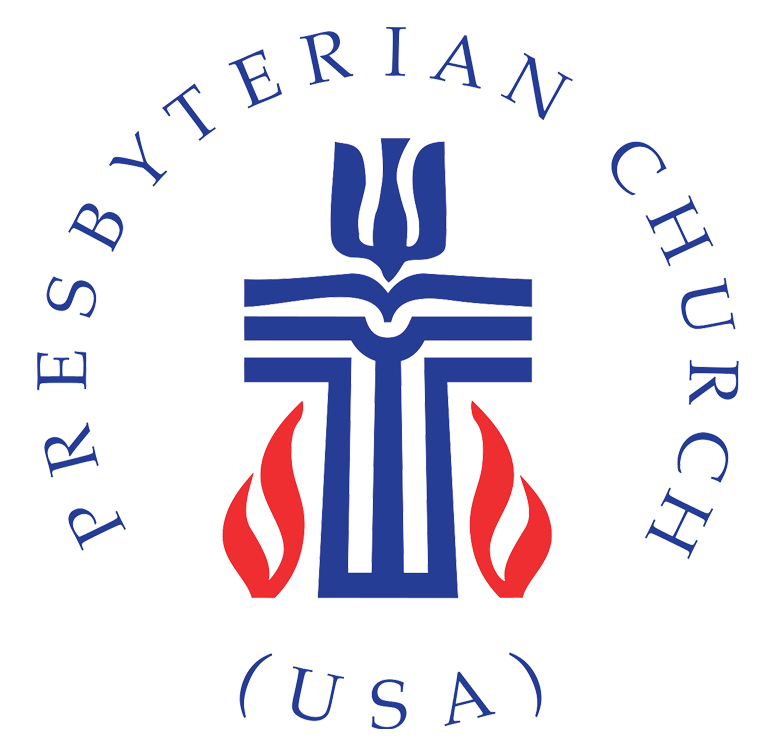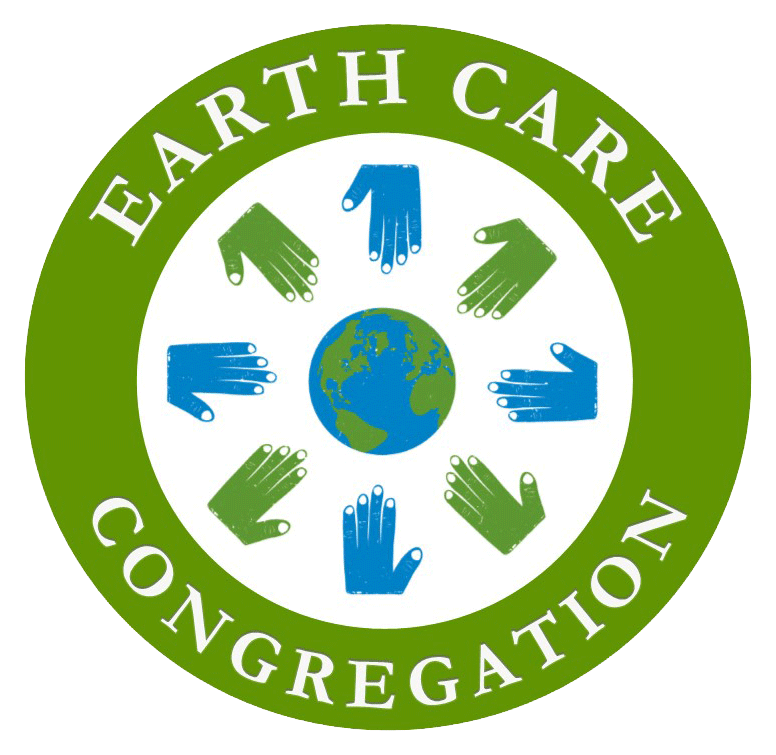4/28/19: Easter 2
Scripture: John 20:19-28
It was the first Easter Sunday. Trouble was: the disciples did not know it yet to be.
“The doors of the house,” we are told, “were locked.” Locked … “for fear of the Jewish leaders.”
Quite understandable, this fear. Fear of being discovered, arrested, crucified even – for aiding and abetting a political traitor. Crucifixion was reserved for the treasonous, you know. Traitors to the violent ways of the Roman Empire, and the ethnic leaders – here, their Jewish leaders – coopted by that empire. Traitors, like this so-called “Prince of Peace” – this latest “Messiah”. And they had aided and abetted Jesus’ act of treason.
“The doors … were locked for fear of the (Jewish leaders).” But of course.
Pardon the pun: but guess who’s coming to sinners? One moment: doors locked. Next moment: “Jesus came and stood among them”. Resurrected, in all his transformed glory, our imperial traitor commits yet another crime: breaking and entering. Picking the lock on the doors of his disciples’ hearts. Freeing them from their spiritual prisons – by showing them his wounds, as if to say: I have compassion for yours. Saying to them, twice: “Peace be with you!”
All good and fine, this compassionate and pastoral comfort. But Jesus never let compassion and comfort obscure his commission: Love In Action.
“As the Father has sent me, so I send you,” he said. And so he “breathed on them and said to them, ‘Receive the Holy Spirit. If you forgive anyone’s sins, their sins are forgiven; if you do not forgive them, they are not forgiven.’”
Forgiveness. Freed from their fear … to be free to forgive. To be empowered to forgive.
And guess who the disciples get to practice on – first? One of their own.
For Thomas had missed Easter Sunday. Jesus’ life-altering cameo had passed him by. Thomas wouldn’t – he couldn’t – experience this liberation. Not … yet.
One could say the disciples were being challenged. Challenged, to forgive Thomas’ “sin” of disbelief, because he had happened to miss the first Easter worship. Of not feeling what they felt. Of not rejoicing as they rejoiced.
The narrative continues: “A week later” – like today, a week after Easter Sunday – “[Jesus’] disciples were again in the house, and Thomas was with them.”
“A week later … Thomas was with them.” Seven words -- seven simple words – conveying to us the dramatic first fruits of Christ’s forgiveness revolution.
“A week later … Thomas was with them.” Why? How? They had so little in common anymore. He was this backslider now – and not just that. Thomas was now possibly downright dangerous. Not only Easter-innocent … but now, perhaps: a spy? Someone who could turn them in?
And yet, these disciples allowed Thomas to hang around for a week. Hang around long enough for his miracle to happen … as it had happened to them.
The miracle made realizable only by the disciples living the resurrection. Living the commission the resurrected Jesus had just shared with them. “If you forgive the sins of any” – sins not of Thomas’ doubt, understand, but their felt separation from him, from their resurrection experience – “If you forgive the sins of any, their sins are forgiven. If you do not forgive them, they are not forgiven.”
Which begs the question: What happens to these sins of others … not forgiven?
Perhaps the answer is as close as the nearest mirror.
“A week later … Thomas was with them.” Seven words: radical, given their separate experiences. Doubting Thomas: “I don’t believe resurrection happened here. In fact: I could turn you in.” Forgiving church: “Remain with us. That resurrection experience can be yours, too!”
As we will discover in The Power of Forgiveness video segment today at noon: It can take a village to forgive. Perhaps, even, it can take a church.
Perhaps, even, it can take a church. As I speak, I am in the process of forgiving a former member of our congregation. He was part of our body for two years in the early part of this decade – and was never very active here before moving on.
I will not name him here – and many of you here then may not remember him well anyway. I can and need to say here that he is a man with somewhat of a troubled past. I had not heard from him in several years. Not until Friday, when Debbie Crown, our Office & Property Manager, forwarded me this 4:45 am email from him to the church office – re our three giant rainbow sails on our church’s front lawn:
That LGBT community is not known for living within the letter of the law. It’s not clear what’s being advocated by the rainbow flags symbolizing the community on the church lawn but closer scrutiny to your actions will be undertaken if felonies are suspected through that vice concern. Pull them down honest, maybe a church or state or even national flag could promote the region and church interests. Of all the promotional options available your choice is troubling and again the law as eg pedophile links to the school there will be applied per event redress need.
Our friend had never before raised concerns about our LGBTQ-inclusive witness. And as you might sense from this email: his are more than concerns. His concerns border on threats.
And so I contacted the Montgomery County Police Department lieutenant who had reached out to us after our three flags were vandalized – damaged more than once these last two hate-filled years in our land. Now a captain, the officer verified the identity of the individual, and made note of our concern.
Per our scripture today: Let not the doors of our hearts be locked for fear of this man. I do not believe our friend is capable of violence – and also, the police are watching. And I call him our friend because I do believe that in knowing him, and he us, several years ago, he witnessed Christ’s witness and Christ’s love among us. And I do believe we are doing something right in flying those flags: a sign of Christ’s resurrection in our midst. And I do believe that like Thomas, if he were to walk into this sanctuary right now and openly doubt the Good News we are sharing, he would be received with the love of our resurrection experience and would not be told to go away.
When I arrived nearly 10 years ago as your pastor, our church had dealt with a far greater concern than our friend. An active member here convicted of rape was allowed once again to worship among us – granted he meet the conditions of a strict limited access agreement you had crafted, with presbytery’s help, to enforce.
Now that member, it turns out, would not abide by that agreement – and in fact lobbied me unsuccessfully to lobby our Session on his behalf before disappearing from our midst. But you did your job. In fact, the courageous way this church dealt with him – the limited access agreement you hashed out, ‘midst great turmoil and stress – was one of the reasons I accepted your call to be your pastor. (In fact, that member’s brother-in-law – an Episcopal canon – told me he considered that limited access agreement one of the finest things he’s ever seen a church do.)
For us – with our troubled friend today or with the rapist then: resurrection means relationship means the effort of reconciliation. The effort of reconciliation – dare we say it begins with forgiveness – no body of Christ can ever relinquish.
The effort of reconciliation that does not let bygones be bygones: forgiveness does not mean forgetting – at least, not among mere mortals. But the effort of reconciliation that forever travels the road of peacemaking ahead.
The effort of reconciliation that may be rejected – but which we can never reject to take. That seeks to fulfill those seven words of scripture that characterized Christ’s resurrected incarnation in the very first church: “A week later … Thomas was with them.”
We sang it a few moments ago – our Assurance of Grace: “O Love That Wilt Not Let Me Go.”
How true for God in Christ for us. Let it be true for Christ in us with all.




